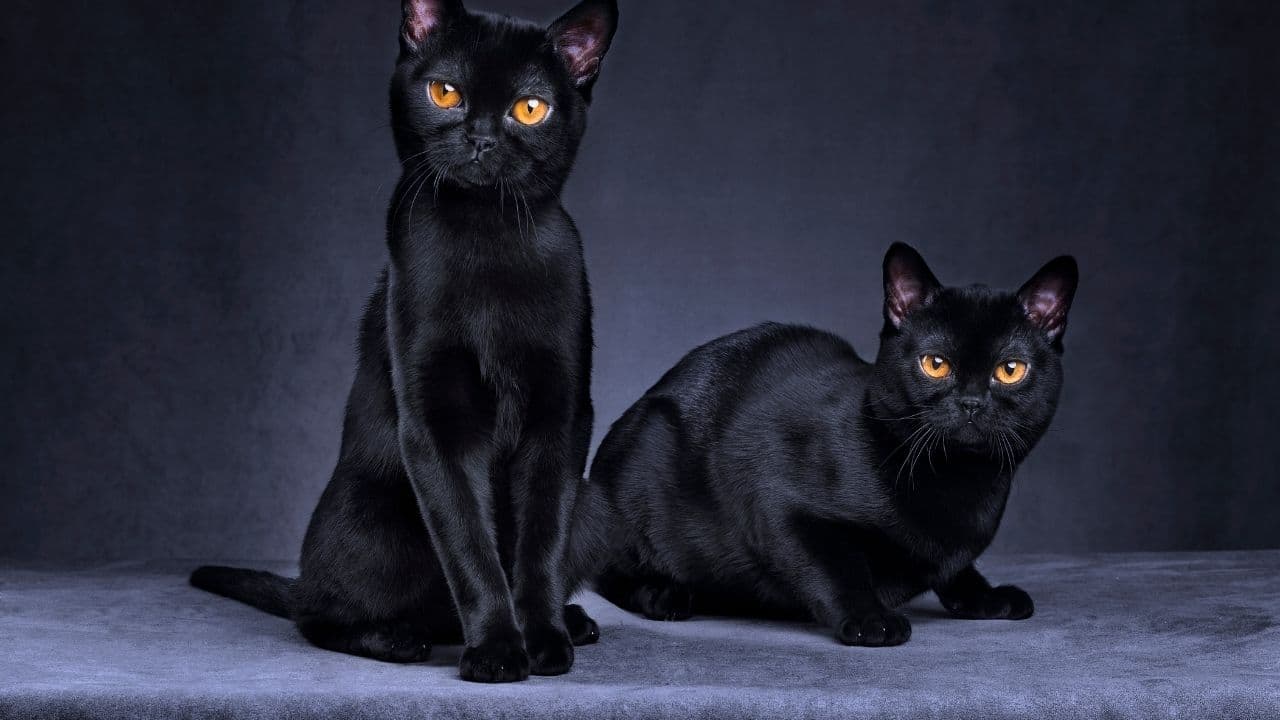Strange Superstitions of Egyptians can fill books. This comes as no surprise, where superstitions and wired stories are found in every culture. Whatever country you visit, you will still hear interesting stories and superstitions that are passed from one generation to another. The Egyptian culture is very ripe with mysterious phenomena and superstitions. So besides learning Arabic in Egypt, whether spoken Egyptian or Standard Arabic, make sure to dig more and talk with Egyptians about this topic.
This article is from Linguamid, your hub to learn spoken Egyptian Arabic and MSA and know the amazing Egyptian culture and traditions. Don’t forget to check my blog and YouTube channel for interesting articles and cool free educational and entertaining episodes about Egypt and the spoken Egyptian dialect of Cairo.
Black animals
The moment you talk with an Egyptian about black animals, especially cats or dogs, the atmosphere can get electrified. Fear of black animals, especially cats, has been a profound component of Egyptian culture. I personally remember tens of stories I used to hear from my father about black animals who turned out to be the devil or ‘el-Shaytaan’.
In the Arab and Islamic countries, there is a strong belief that the devil used to appear occasionally to people in the form of black animals. Seeing and hearing crows is also not comforting to many Egyptians. This might well correlate to the story of the crow which was sent to the son of Adam, Cain, to teach him how to bury his brother. Therefore, many Egyptians see crows as a sign of bad luck.
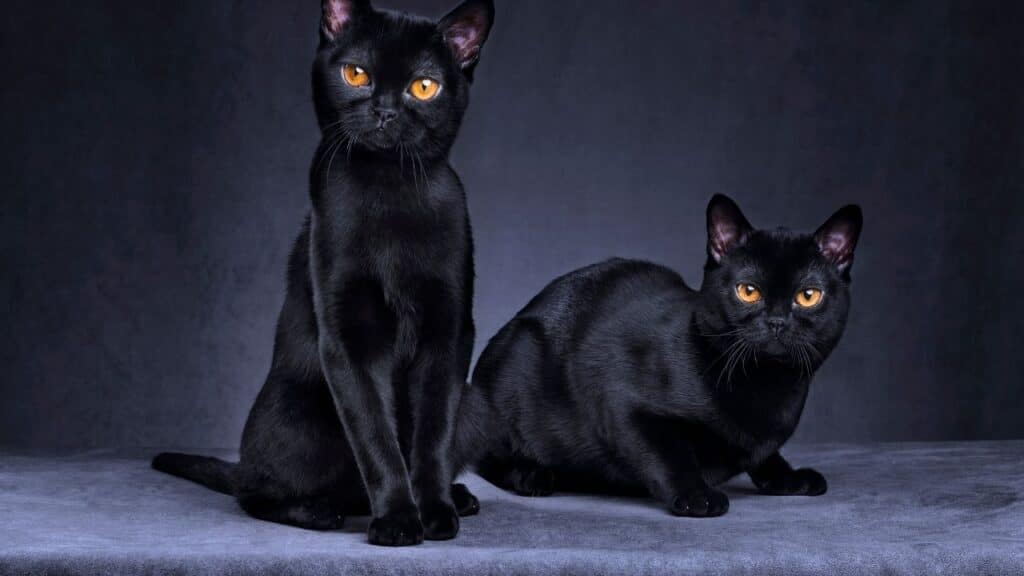
Opened Scissors at night
‘Don’t leave the scissors open at night’, said my grandmother. This is a very common sentence in Egypt. If you ask your Egyptian friend about this, chances are he or she will know this topic. Apart from the danger of leaving the scissors open and accessible, and thus letting this tool act as a weapon waiting for its victim, it is almost unknown where this superstition came from. It is known in Egypt that open scissors bring bad luck. This might relate to the fact that scissors are used to cut and separate things, hence it is correlated with separation.
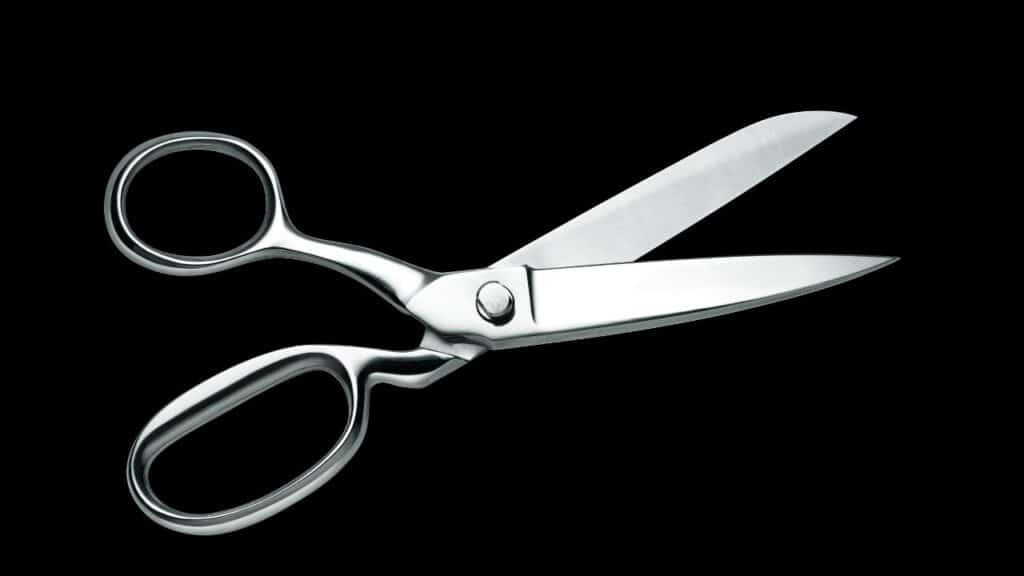
Upsidedown footwear
Leaving your shoes upsidedown is not a good deed and is believed to bring bad luck to Egyptians. I talked about this topic many times in my Egyptian Arabic course. In fact, you can still find almost the same thing in other countries like India, Pakistan, and Japan. In Egypt, upsidedown footwear is a sign of disrespect to God. When we were kids, our parents always urged us not to leave the bottom of our shoes pointing to the sky.
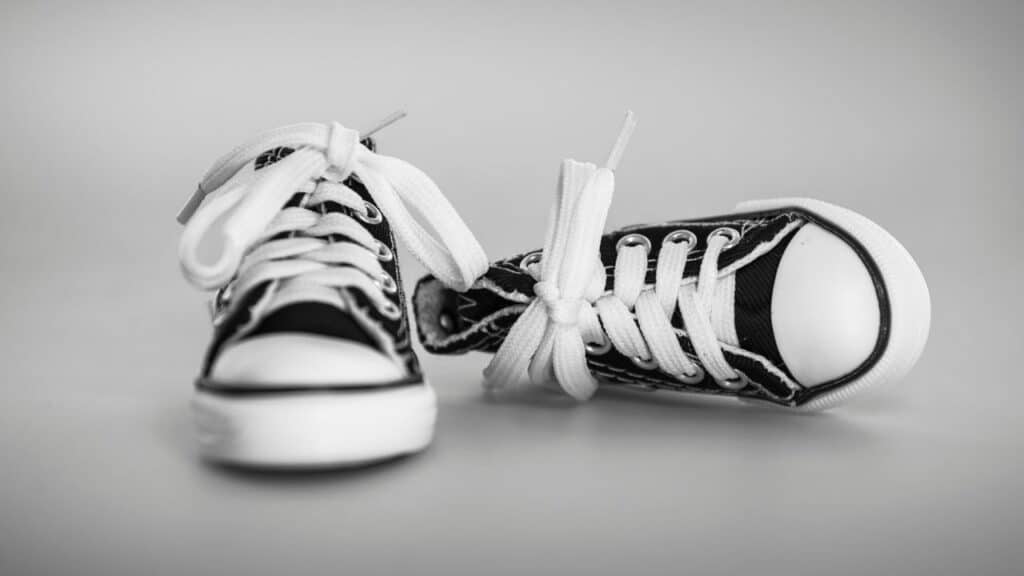
Trimming nails at night
Clipping or trimming your nails at night in Egypt is also among the super strange superstitions of Egyptians and is believed to bring some kind of bad luck. This is not only in Egypt. In Japan and India, for instance, trimming your nails at night was believed to bring very bad luck and even the person who does this might not live long. The origin of this in Egypt is not precisely known, but it is strange to see this superstition in different countries. This gives you an indication of the strong interactions that occurred among many cultures in the past.
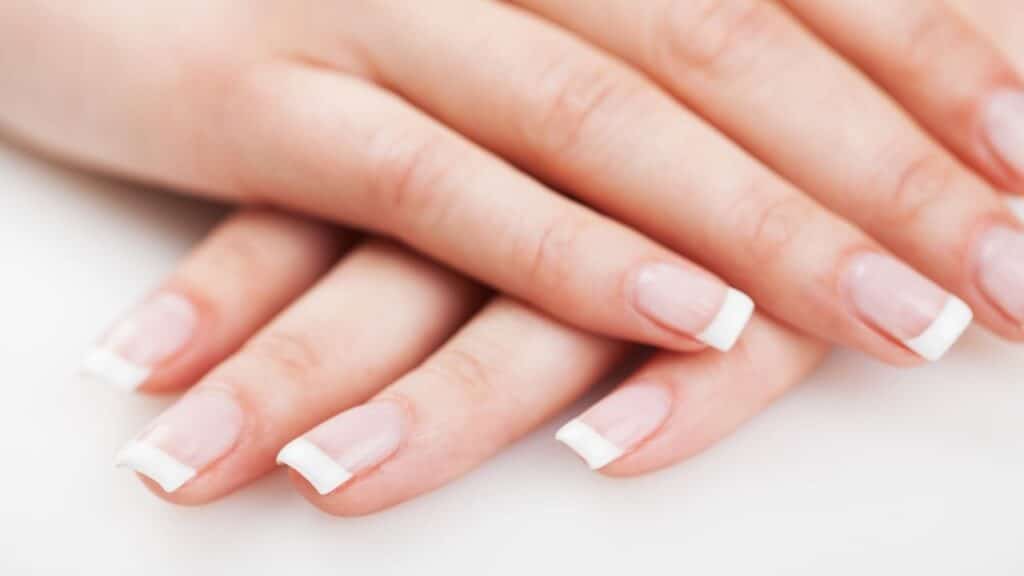
Twitching eyes
Twitching eyes are also not a pleasant thing in Egypt and have been always coupled with omens. Moreover, the side on which the eye twitches makes a big difference. For instance, if the left eye twitches, it is taken as an ominous sign of receiving unpleasant news. This is not the case for the right eye, where the twitching right eye may bring good luck instead.
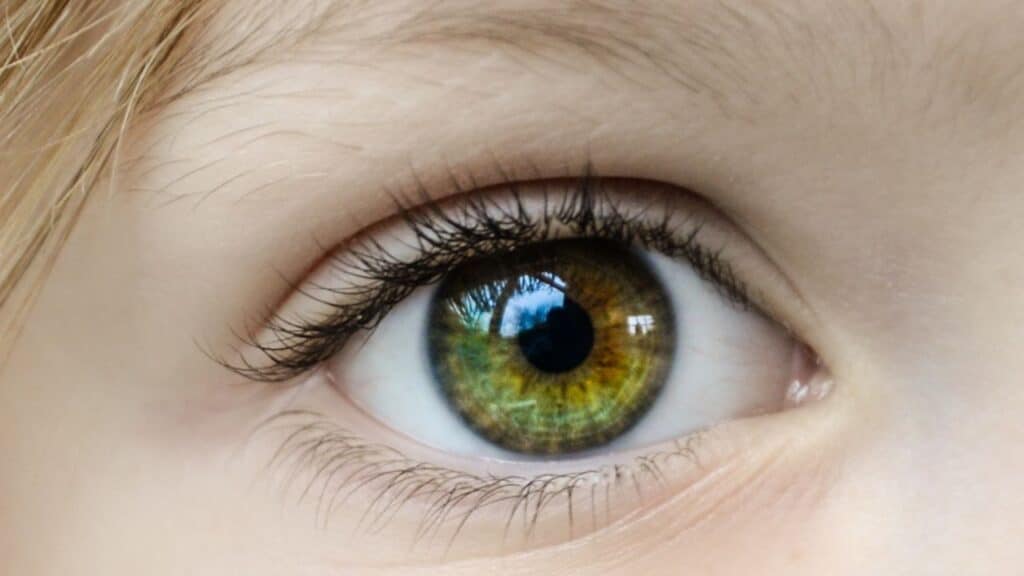
Strange superstitions of Egyptians can really fill books. On your next visit to Egypt, try to talk with your Egyptian friends about these superstitions and write me your feedback. Thanks a lot for reading this article. If you are interested to know more about spoken Egyptian, make sure to sign up 100% free in my Egyptian Arabic 101 course. In this course, I give you all that you need to lay a strong background and start a wonderful journey with spoken Egyptian.
Meanwhile, watch my YouTube episode about this topic
Best of luck, Hamid
